First Aid Basics Everyone Should Know
Nowadays, medical facilities are easily accessible, but in outdoor recreation programs or remote settings—like a camping site or during outdoor adventure programs—there may be situations where help is delayed or unavailable. In such moments, knowing the fundamentals of first aid becomes a crucial life skill. You don’t need to be a doctor; having a few basic, practical skills can go a long way in saving a life. Whether you're part of adventure programs, outdoor studies, or simply love fun adventures, developing these skills for life is essential.
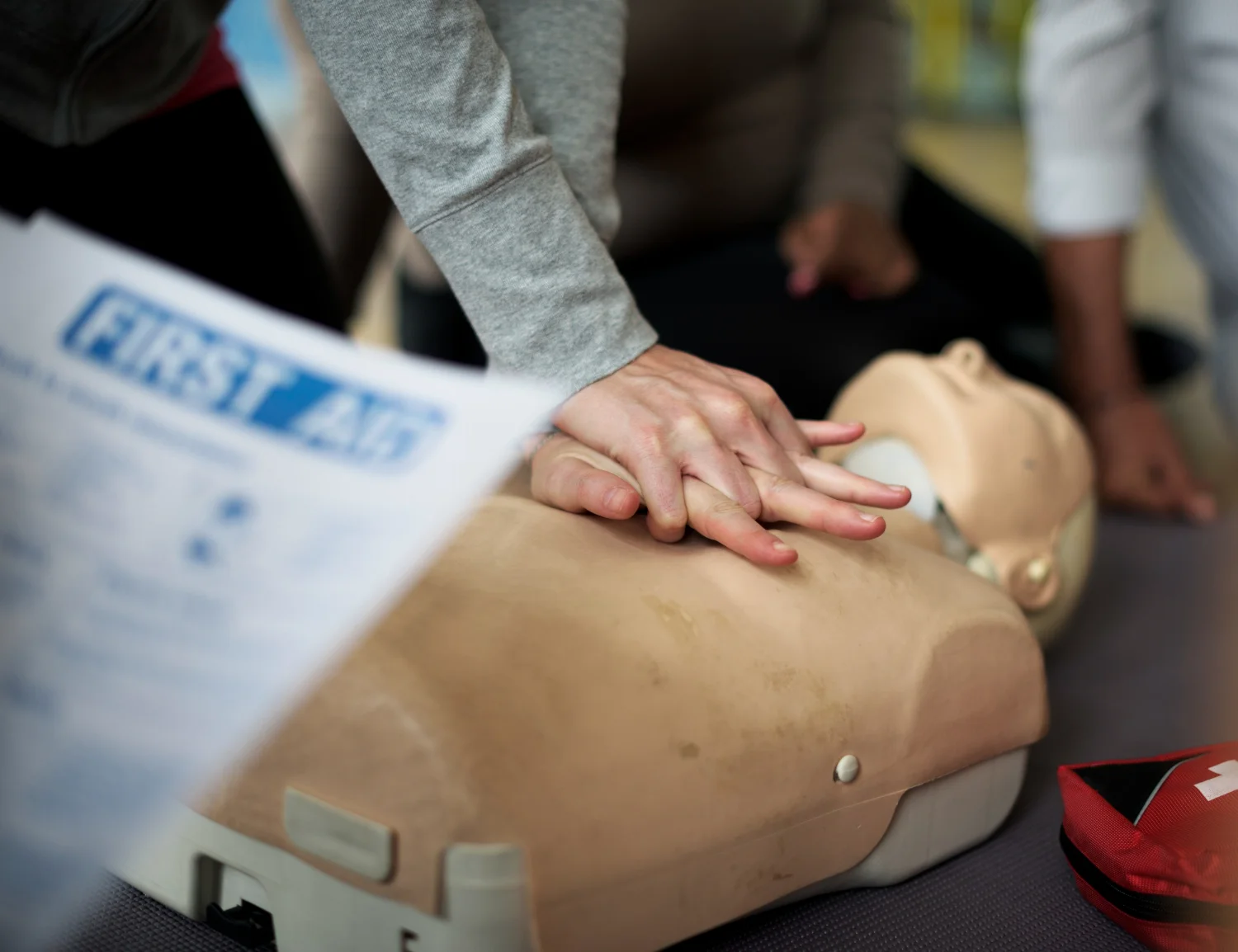
1. Cleaning and Covering the Wound
Cuts and scrapes are common in the wild. Left untreated, they can lead to infections and
complications such as sepsis. As part of any experiential learning experience, this basic
first aid step teaches personal life skills that are useful anywhere.
Steps to follow:
- Wash the wound with clean water
- Use antiseptic wipes or cream
- Cover with a sterile bandage or clean cloth
- Change bandages daily or when wet or dirty
2. Treatment of Sprains and Strains
During adventure activities like trekking or sports, sprains and strains are frequent. This
is where the experiential learning approach helps—learning by doing enhances retention and
builds good skills to have in life.
What to do:
- Rest the injured area
- Apply ice or cold water
- Compress with a bandage (not too tight)
- Elevate to reduce swelling
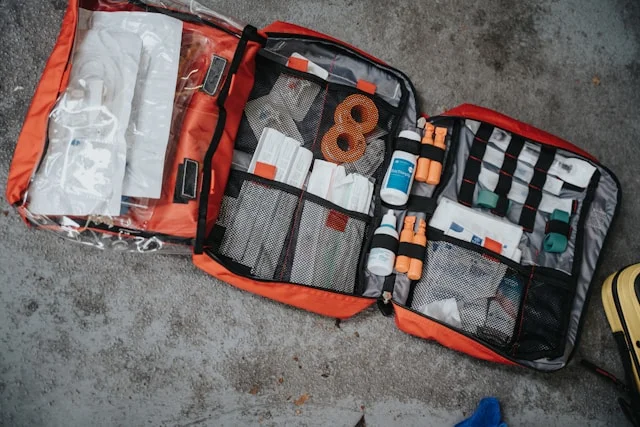
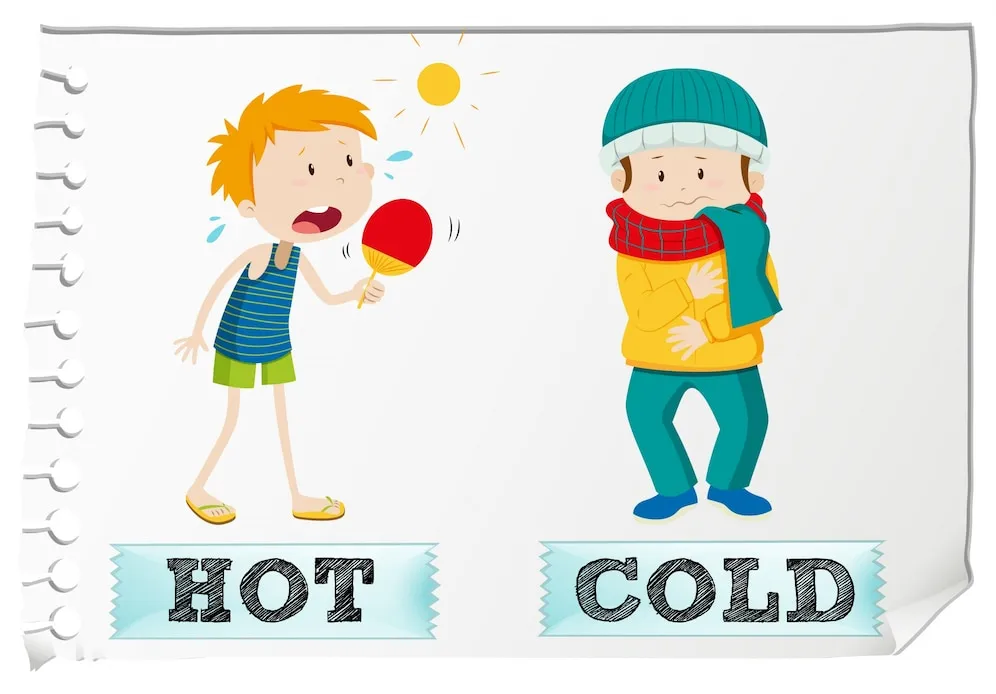
3. Handling Heat and Cold Situations
In summer, heat exhaustion, dizziness, and sweating are common, while colder climates pose
the risk of hypothermia—especially in high altitudes. These real-world scenarios are a core
part of any outdoor education curriculum, where learning life skills prepares individuals to
adapt.
For heat-related illness:
- Move to shade
- Offer water
- Loosen clothing
- Apply cold, wet cloths to skin
- Warm up with blankets and dry clothes
- Give warm drinks (not hot)
- Use hot packs wrapped in towels
- Avoid direct heat on limbs
4. Know What to Do for Bites & Stings
Venturing into nature during outdoor adventure programs requires basic knowledge of
lifeskill areas like handling animal or insect interactions. This includes recognizing
venomous species and managing bites or stings.
For insect stings:
- Use a cold compress
- Remove the stinger gently
- Apply anti-itch cream
- Stay calm
- Immobilize the bitten limb
- Seek medical help immediately
- Never suck out venom
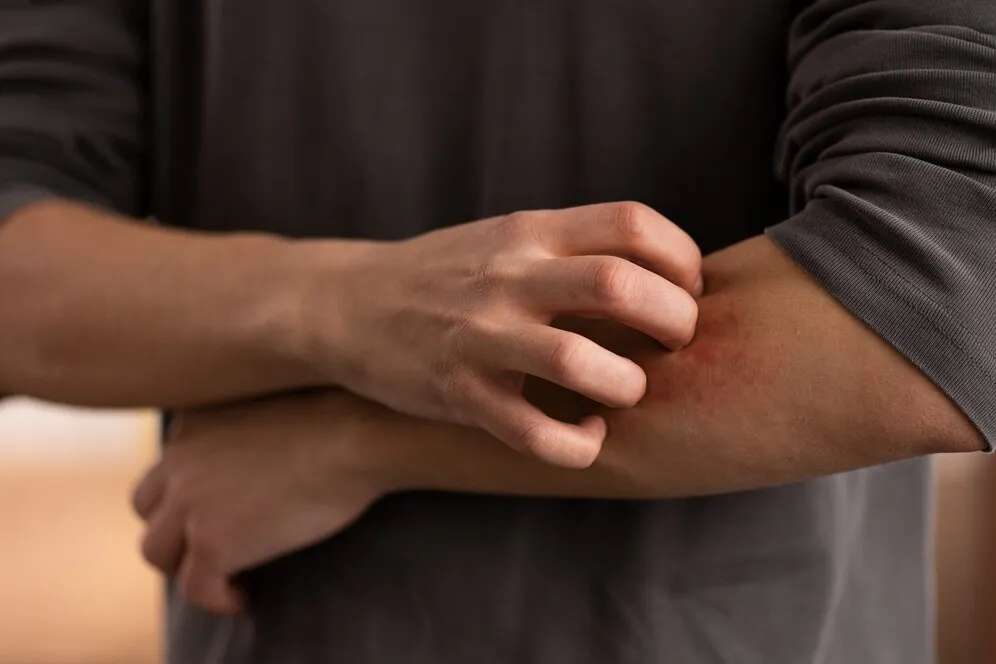
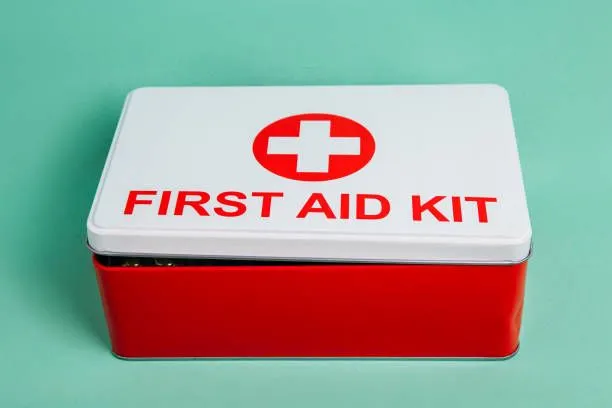
5. Keep a First Aid Kit Ready
Having a DIY first aid kit is one of the most important and practical life skills to have.
It's a must-have for anyone engaged in outdoor curriculum activities or planning a memorable
journey in nature.
Essential items include:
- Cotton
- Bandages
- Antiseptic wipes/cream
- Thermometer
- Gauze
- Tweezers and scissors
- Painkillers
- Burn cream
- Cold packs
- Gloves
Conclusion
Experiential learning means learning by doing—and first aid is a perfect example. It embodies
the experiential approach in teaching, turning knowledge into action. Whether part of education
outdoors or just preparing for life’s surprises, being first-aid ready develops confidence and
practical skills.
In any situation, your knowledge of first aid could make you the calm in someone else's storm.
So embrace experiential learning, gain life skills needed for any terrain, and be ready for
whatever comes your way.